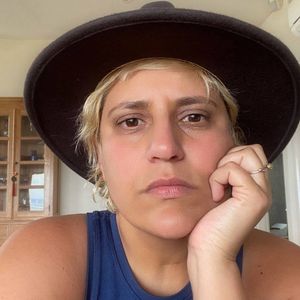Ahead of 2024 AAM Awards, Australia’s Top Artist Managers Talk Highs, Lows and More
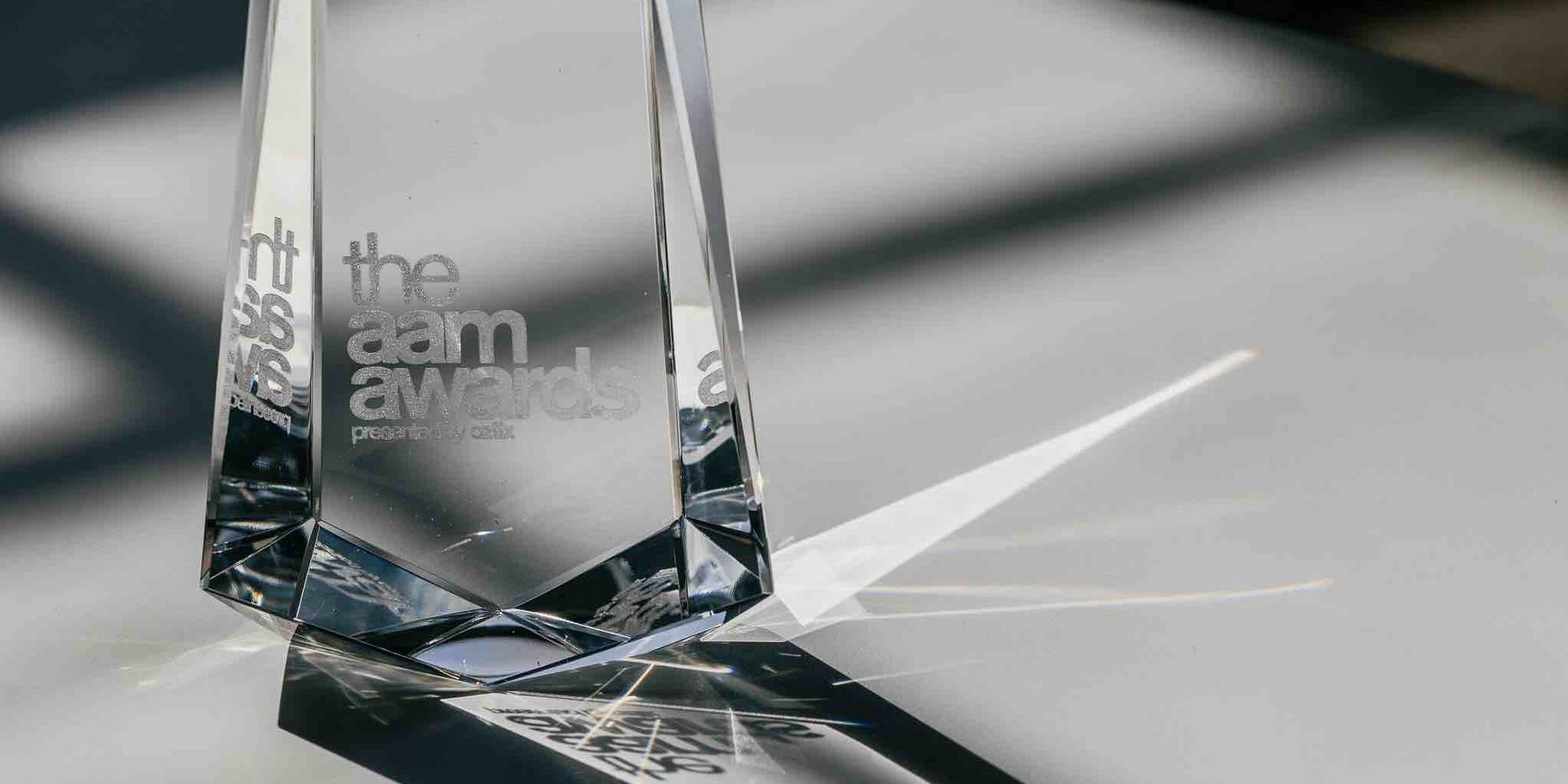
Artist managers are the paratroopers of the music industry. Their work is challenging, performed out of view, with flak often fliying in left and right. Experts at problem solving, managers are critical to the success of any mission.
On Wednesday, May 1, ahead of the APRA Music Awards, Australia’s community of artist managers will gather at the Crowbar in Sydney/Eora for the 2024 AAM Awards, a moment for those behind-the-scenes warriors to reconnect, assess their wounds and wins, and savior the moment.
The Music Network rounded up several of the best in the field — the music industry professionals shortlisted for artist manager of the year — for a feel of their business now and looking into the future.
What’s the most rewarding part of being an artist manager?
Simone Ubaldi (Sundowner): We work with people we love, on projects we love. Also guitars and travel are tax deductions.
Jeremy Furze (Applejack Music): Seeing and hearing fans go crazy at shows, seeing other managers succeed and knowing how hard they’ve worked for it, watching from the sidelines while new music is being created.
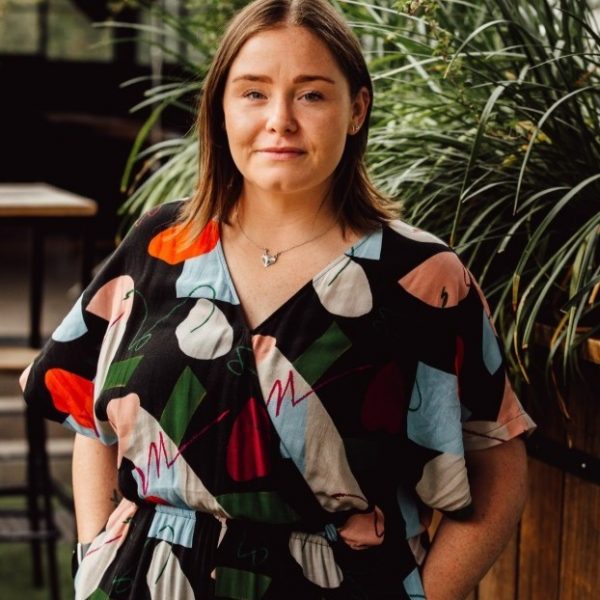
Ash Hills
Ash Hills (Unified): I get to work with extremely talented, good people and watch them live out their dreams. It’s rewarding knowing that I am doing my small part to help them get there.
Last year was full of so many incredible moments. Some of the work I am proud of is around Teen Jesus and the Jean Teasers. They released their debut album which landed at No. 6 on the overall ARIA Albums Chart. Plus, they went on to win audiences over in the U.K. and Europe and supported Foo Fighters here in Melbourne.
Other highlights include launching Dan Sultan’s fifth studio album – which ultimately took home the ARIA for best adult contemporary album – and watching him support Vance Joy on his North American tour, including receiving a standing ovation at The Ryman in Nashville.
Nate Farrell (Calibre Artist Management): Seeing incremental growth in an artist you deeply believe in and work alongside everyday. Hearing their music resonate with their fans and the public IRL and online and watching them develop confidence as artists and people.
Dan Nascimento (Unified): Outside of the obvious that is spending every day working alongside and being inspired by incredible artists, it’s so rewarding to work with a wide range of talented people across the industry that all share the passion and drive to do everything we
collectively can to build and sustain an artists career.
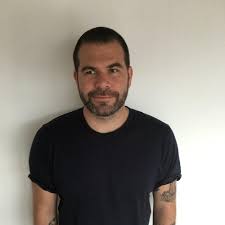
Nick O’Byrne
Nick O’Byrne (Look Out Kid): The most rewarding part of the job is conceptualizing an ambitious project with an artist – and then seeing it through to completion in a way that delights both the artist and their fans.
This could be as “normal” as an album roll-out, an international tour or a cool merch line.
Or it could be something wilder like an artist-curated festival, crazy live show production, super-creative marketing, experiential installations, some kind of experimental music project or a feature documentary.
I like working with artists who want to do ambitious or unconventional things because it keeps the job interesting.
When the project is delivered at the highest-possible level, and you watch it find its audience, you can stand back with your artist and your team and say “we did that!”
Jamie-Rose Fowler (Powerhouse Management): The most rewarding part is watching a project you’ve invested so much time and energy in grow into something bigger than you could imagine, and having an impact on the fans’ lives.
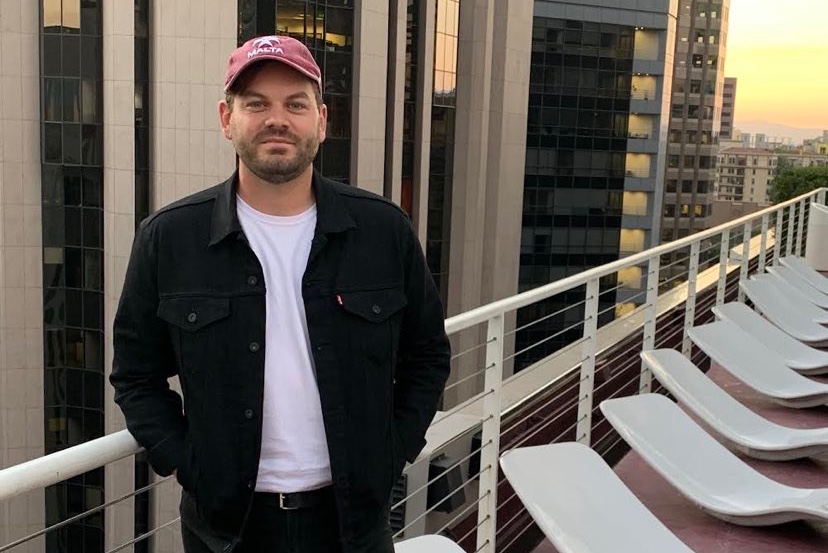
James Fava
James Fava (Intergalactic Fantastic): Seeing an artist realise their vision after years of persistence.
Leigh Treweek (Handshake Mgmt):
Being able to create a strategy that allows your artist to work solely on their creative vision.
And I think the highlight of that is when you can tell your artist that they don’t have to work anymore and you can concentrate purely on their art and that that art is making them a full-time living. I have been lucky enough to do that a few times now and there are very few things more satisfying.
Although my artists would say I get very excited when I create a really good Excel spreadsheet.
And the toughest?
Ash Hills: This can be a tough job – you ride the highs and the lows with your artists.
Obviously, festival cancellations have been tough to navigate, particularly for an act like Teen Jesus who were so excited about playing their first ever Splendour in the Grass.
One of the toughest parts of the job can sometimes be expectation management. The landscape is constantly changing and we need to be able to adapt to that – but that’s often easier said than done as the manager.
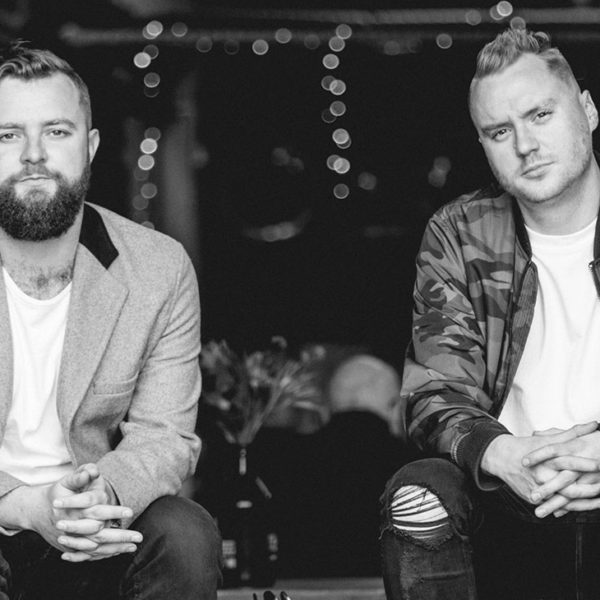
Adam Booth and Nate Farrell
Nate Farrell: The increasing number of barriers in getting Australian music to Australian ears. We have never had a larger disconnect between the amazing music being made in this country and the general public.
Jamie-Rose Fowler: The long hours and sacrificing personal moments – missing birthdays, weddings, and special moments with family and friends is hard.
Nick O’Byrne: Sometimes I joke in our business that I’m the CMO (Chief Morale Officer) – I “feel it’s” my job to stay positive, to try and be a provider of solutions and answers, to keep people engaged, creative, happy and healthy in the face of a demanding industry.
In recent years, this has taken real tenacity. It can be exhausting.
Also, being a good artist manager and running a good management company are two totally different things. I think I’m a pretty good artist manager but I always have a lot to learn about running a good management company.
Managing staff, HR, crew, finances, wages, cashflows, insurances, visas, all sorts of legal requirements etc – it is far removed from the instinct that first made me want to get into management.

Leigh Treweek
Leigh Treweek: It’s a solitary job that few people outside the industry understand so you can feel isolated.
Dan Nascimento: There’s all sorts of challenges that we all have to navigate every single day. I try to find the lesson or the opportunity to improve within any challenge or tough moment that is presented. Take the time to regroup and learn, rather than dwelling on the challenge or situation itself being tough.
Simone Ubaldi: There’s no guarantee of success, no matter how much you love something, no matter how hard you work, or how much you invest. It’s always a gamble.
Jeremy Furze: Working alone, keeping a level head when absolutely nothing is going to plan, maintaining personal health, being a content slave, staying abreast of new technologies.
There’s a lot of gloom around the Australian music industry right now. What is one positive change that can improve the industry in the year ahead?
Simone Ubaldi: Buy a ticket to see an Australian artist this year, take a friend. Then buy 10 more tickets to 10 more shows. Make live music a habit. And switch off autoplay – ask your friends for recommendations, build community around music, listen intentionally. Think of music as a gift and not an endless, effortless personal entitlement.
Leigh Treweek: There are a number of changes that need to be made. However the biggest change I would like to see is that our artists participate in all the revenues that are created by them.
Ticketing and Social media companies are making huge profits off the data they collect, data which is only gathered from fans wanting to see an artist or consume their content. I would like to see that the artist becomes the first party for that so they own it.
Secondly we need to create a pathway for young people to engage with live music again. We need to create a national approach to live music events that allow all states to do licensed all-ages shows 16+, and put on more underage events so we create future audiences for our artists.
Jamie-Rose Fowler: Focusing on building your artist’s fanbase and super-serving them. While there is so much uncertainty around festivals and the overall landscape in Australia right now, shifting focus to how artists can create unique experiences with their fans, online or at shows, to create their own ecosystem is one way to maintain control, with a parallel goal of growth.
Nate Farrell: A commitment from Australian mainstream visual media – TV / streaming services / social pages – to exclusively support Australian music over international in their programming, particularly for live sport and events.
Ash Hills: I don’t want to sound like I’m being dismissive about how hard things are right now, but I think we need to get better at celebrating the wins within our community that are happening on a daily basis.
The fact that these awards are creating space for that is great, but it is definitely something we need to get better at.
As an industry we need to stop working against each other constantly and come together to find solutions for problems rather than working in silos. I’m really looking forward to seeing what Millie and the team at Music Australia can do in this space.
Nick O’Byrne: Australian audiences are spending less money and consuming less Australian music than they used to.
Meanwhile, Australian audiences are spending more money and consuming more globally successful ultra-zeitgeisty artists (Fred Again, Taylor Swift, many laneway side-shows etc) than they used to.
This is a symptom of a multi-faceted set of negative circumstances that have diminished our artists’ access to Australian audiences – most (but not all) of this is the result of a shift of the audience’s attention from mainstream media to social media. Australian audiences are simply overwhelmed by an influx of algorithmically driven US/UK-centric culture.
– Australian songs need to be included in globally curated playlists on DSPs.
– Algorithms at TikTok/YouTube/Instagram/Spotify need to be friendlier to local
artists. Think Spotify Radio, the TikTok FYP algorithm etc.
– We need to remove geofencing on DSPs – a practice that restricts many Australian
artists from being discovered by fans internationally.
– We need a nuanced but non-negotiable content quota system on Australian radio
– We need a permanently funded and smart Canadian-style grants system for
exporting artists focusing on marketing.
I don’t think “one positive change” is enough. We need a coordinated effort across a dozen areas – if we can make a 10%-20% improvement in all the above areas then it’s going to add up to a far healthier ecosystem for artists, managers, labels, agents and promoters.
We’ll have more chance of uplifting Australian artists into the zeitgeist and giving them access to their own audiences.

Dan Nascimento
Dan Nascimento: I think it’s about being focused on the little wins and positive progression we can make one step at a time. It’s honestly the same approach that we’ve had to implement year to year amidst whatever challenge that has been thrown our way as an industry.
It’s not easy, and it doesn’t happen overnight, but the 1%’ers do add up if we keep piling them up one win at a time. So for me, it’s less about focusing on one holistic change and more so focusing on a collection of goals and breaking down how we go about achieving them. Momentum builds and the gloom will subside.
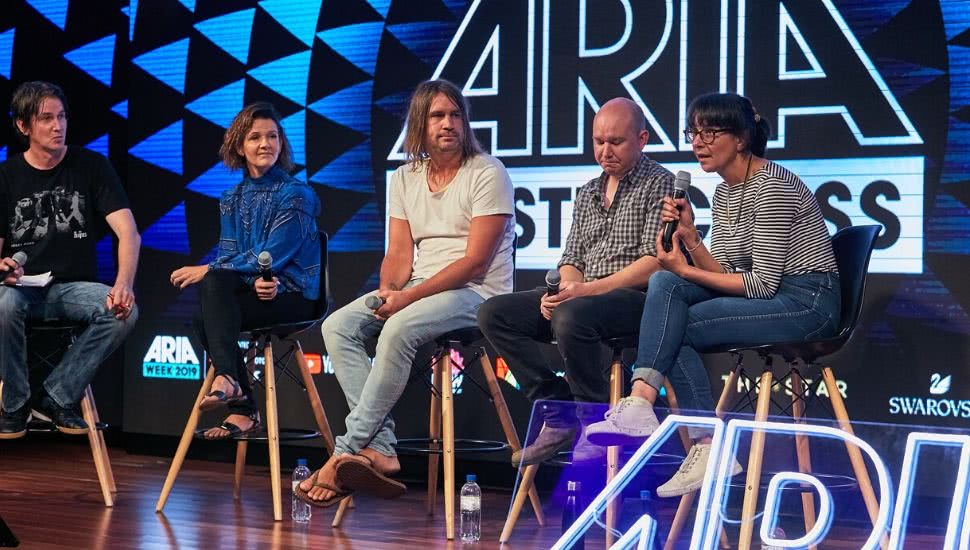
Jeremy Furze: In my opinion the majority of music marketing and distribution has become very homogenized and boring. I hope this leads to a re-emergence of more localized, community-driven campaigns and artist collectives which connect to one another and their audiences on a human-to-human level. Local scenes are due for a comeback.
James Fava: Acknowledge the positives and highlight in mainstream media, with the intention of inspiring the next generation of great Australian talent and music executives.































